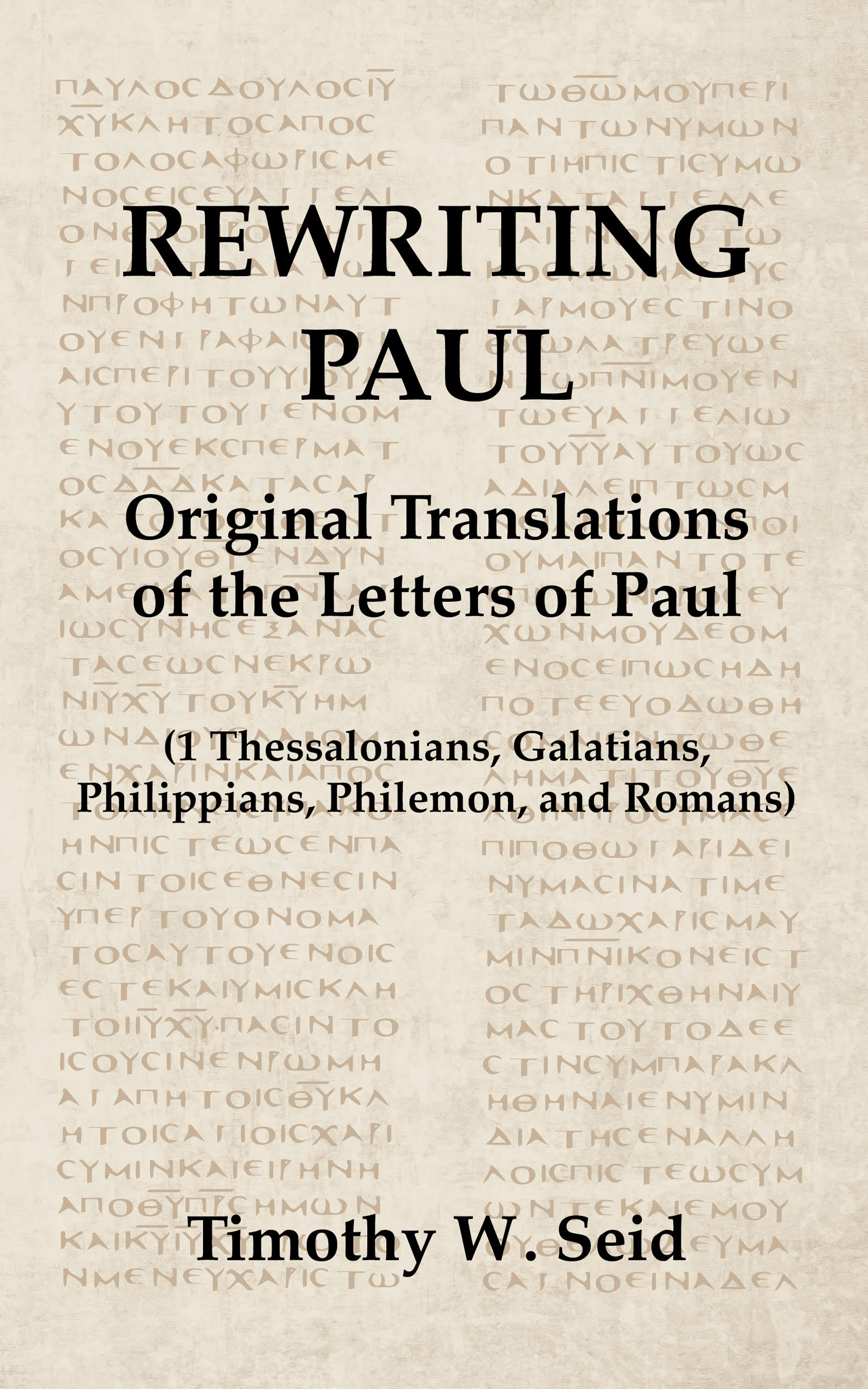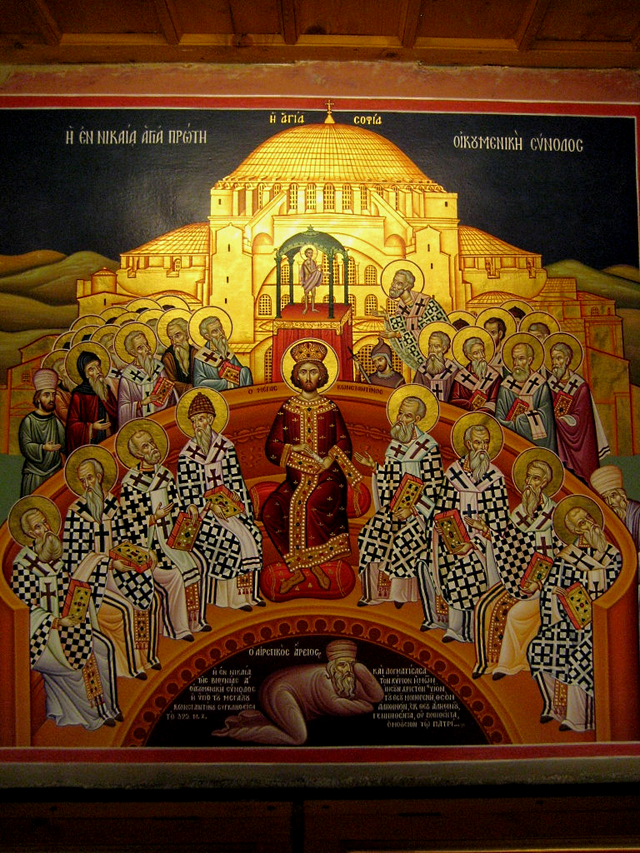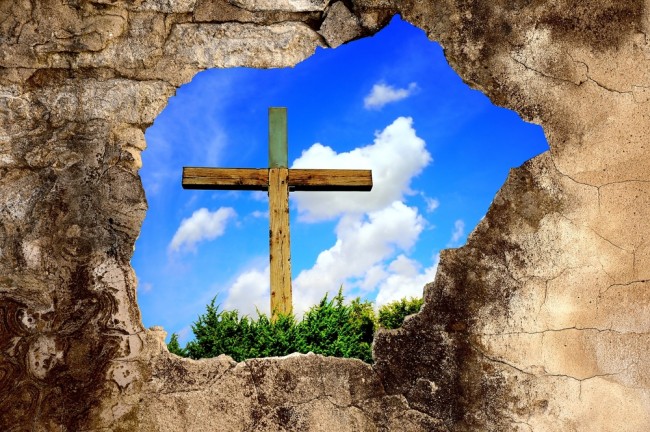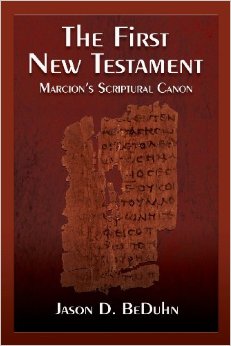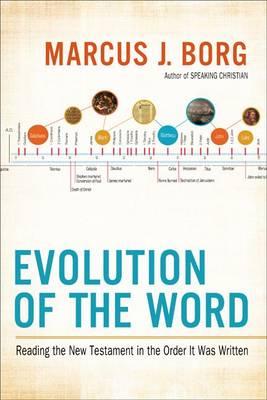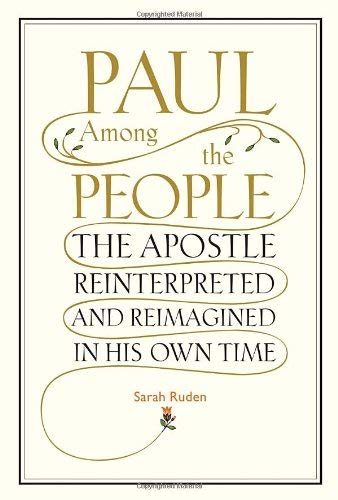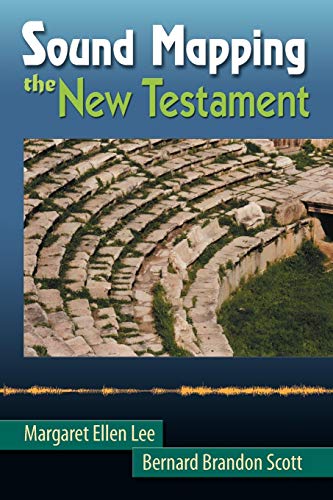Some people are highly devotional because it is scary having one's paradigm shattered. This is to be exposed to the chaos of one’s own mind (the devil!). It is much easier to cling to the established artifacts of one’s own thinking then to fall into the pit of chaos. Most people would rather die than admit that the belief system/paradigm that they have carried most or all their life is wrong in spite of proof of error time and time again.
It’s fair to say that two points of view concerning the life and death of Jesus developed early within Christianity. One was carried by the Christian West and is still prominent in the West today. The other was carried by the Christian East and may not be as well known to a lot of Western Christians.
(1 Thessalonians, Galatians, Philippians, Philemon, and Romans)
Popular translations of the Bible are too generic for anyone to reach a definitive interpretation and often perpetuate old concepts. Tim Seid takes a bold approach to Christian origins and offers fresh translations of the earliest of the New Testament authors.
The Monkey and the Well
To succeed at any undertaking requires the ability to calmly focus our energy. Without concentration even our best efforts are weakened — even our efforts to love, meditate, or simply pray.
If we look honestly at our mistakes and listen within for guidance, we will discover our true identity as an unlimited spirit.
Finding ways to be a blessing to others is the best way to avoid doing harm. The idea of non-injury or harmlessness extends beyond our actions to our words and thoughts as well. We don’t want to burden children with guilt about their thoughts, but we want to offer opportunities to infuse their hearts and minds with thoughts of blessing and peace toward others.
Humility does not mean self-abasement — it means recognizing an infinite power greater than our little self. Where does humility come in when self-esteem and self-confidence are valued so highly in our society?
The more we choose to see beauty and goodness, the more we will live in happiness and joy. High-mindedness is looking at life’s experiences from the high ground, where beauty and joy can be seen beyond ugliness and hardship that can cloud our vision. It is a conscious choice to keep company with positive thoughts and to be happy. High-mindedness is not pretending ugliness does not exist; it is really a celebration of divine goodness everywhere.
Perseverance is important in any worthwhile endeavor. History is full of examples of great men and women who made tremendous contributions to the world simply because they didn’t quit when things became difficult. Great talent or intelligence doesn’t matter if it is not applied with fortitude and endurance toward a goal. Obtaining spiritual goals also requires perseverance. To grow in spirit and inner understanding means we keep up our efforts through the difficulties life presents. Persevering through the difficulties is what brings us deeper faith, deeper understanding, and deeper, more lasting joy. That is the fruit of patient endurance that Jesus referred to.
In this article, I would like to point out 3 crucial problems that arise when one begins with “plain truths” about the book rather than the Christ, the Logos, the “structuring principle of reality.” (John 1:1–5)
“Salvation” is often a dirty word in progressive Christian circles, but when abandoned, it leaves a void for others to fill. Instead, we need to boldly reclaim it. In American culture, its dominant usage revolves around the phrase “being saved.” Left assumed and implicit is the “from what” we are being saved: hell. Yet for those of us who dismiss a literal hell of fire and torment, we rarely replace what we are being saved from. Talking about salvation feels irrelevant if you dismiss the problem it was meant to solve and replace it with nothing.
From the Celebrating Mystery collection
Remembering our ancestors gives life to ourselves and also to them, for we are our ancestors and they are us.
Heaven is both a destination and a present reality. Heaven is where human will and God’s will coincide. The prayer that Jesus taught has different meanings for each of us. These are some of mine:
Civilization defines justice as retribution – payback; an eye for an eye. But the deeper meaning of justice is distributive: the rain falls on the good, the bad, and the ugly without partiality. Civilization does not use that definition except in cases where there is clearly injustice if partiality enters the picture.
The church as we know it came about when one group of believers was opposed by a dissenting group. Then it became necessary for each group to define their concepts of Christianity and to label all others heretics.
The Greek word for “faith” in the New Testament is pistis, which occurs 243 times. As a noun, pistis is used as a technical term for “forensic evidence.” In other words, faith is not blind; we must investigate to establish the facts. I agree with retired Episcopal bishop, John Shelby Spong, who writes, “My problem has never been my faith. It has always been the literal way that human beings have chosen to articulate that faith.” To many Christians, faith means believing highly suspect claims, which is a problem for me. Thinking isn’t a sin. God created our minds and I’m certain that we were intended to use them.
One of the most serious theological conflicts in the history of Christianity occurred more than one thousand six hundred years ago. Known as
From the Boundless Life collection
I’m on the road to nowhere A place that I can find Beyond my measured thinking, Beyond my structured mind.
What Does Hebrew Scripture Say about Life After Death? There isn’t much in Hebrew scriptures about life after death. According to Ecclesiastes, death
I think we need some method of communicating with God and prayer is the logical answer. But prayer in which we stop everything we are doing, get down on our knees, fold our hands and pray is not my idea of prayer. I think we should try to communicate with God any time we have a second to think about God or ask God to be with a loved one or friend, or share anything in our life with God. While driving, when watching TV, while on the lake alone, working in the garden, any of those times and many more, we should take a moment to commune (talk, whatever word you want to use) with God. It may be that those moments are more for us than for God, but I like to think that God listens and cares. I admit that I get awfully frustrated when I feel God is not listening because my petitions are not immediately answered in the way that I have requested. I know God’s answer may be “no,” but that is difficult to swallow.
When it comes to the existence of the devil, people normally have one of two reactions: they dismiss the devil and scoff at the idea that there is such an entity, or they exalt the devil, and attribute far more to him (or it) than is deserved. In a recent Gallup poll, 70% of Americans believe in the devil. Half of those surveyed believe that he (this evil force is most often referred to in masculine terms) is a personal force, while the other half believes he is an impersonal force. Let us see what the Bible says about Satan, the devil and the evil one.
We need to subject the resurrection stories of the New Testament to the same critical analysis as we did the crucifixion. So let us examine Paul’s writings and the gospels in an attempt to discover what the event we call Easter really was.
One of the most reliable facts concerning Jesus is that he was crucified during the reign and by the action of the Roman procurator, Pontius Pilate, who served by appointment of the Caesar from 26-36 CE. The Roman senator and historian Tacitus referred to Jesus’ execution by Pilate in his Annals, which was written circa 116 CE. Beyond that, however, there is not much historical evidence.
Covenant is firmly established in Christian theology, but among mainstream denominations Methodism gives it particular emphasis. Dating from the time of John Wesley and adapted from seventeenth century Puritan ideology, the annual covenant service is an established part of Methodist tradition. In some quarters it has been welcomed as part of Methodism’s distinctive contribution to the World Church. Grounded in both the Old and New Testaments, covenant theology is surely beyond reproach. Or is it?
The creative urgency of God is very close to you - in your heart and looking for an opening so that it may be expressed.
The earliest version of the New Testament, now in English for the first time! History preserves the name of the person responsible for the first New Testament, the circumstances surrounding his work, and even the date he decided to build a textual foundation for his fledgling Christian community. So why do so few people know about him? Jason BeDuhn introduces Marcion, reconstructs his text, and explores his impact on the study of Luke-Acts, the two-source theory, and the Q hypothesis.
The New Testament in the Order the Books Were Written
the full-text of the New Testament—and one of the only Bibles organized in chronological order and including explanatory annotations that give readers a more informed understanding of the Scripture
“Sin” is not about sex, or petty transgression. “Sin” is about the seduction of power-over others; of the gratification of having what others cannot have.
In Paul Among the People, Sarah Ruden explores the meanings of his words and shows how they might have affected readers in his own time and culture. She describes as well how his writings represented the new church as an alternative to old ways of thinking, feeling, and living.
In the Hellenistic world, writings were read aloud, heard and remembered. But modern exegesis assumes a silent text. The disjuncture between ancient...



